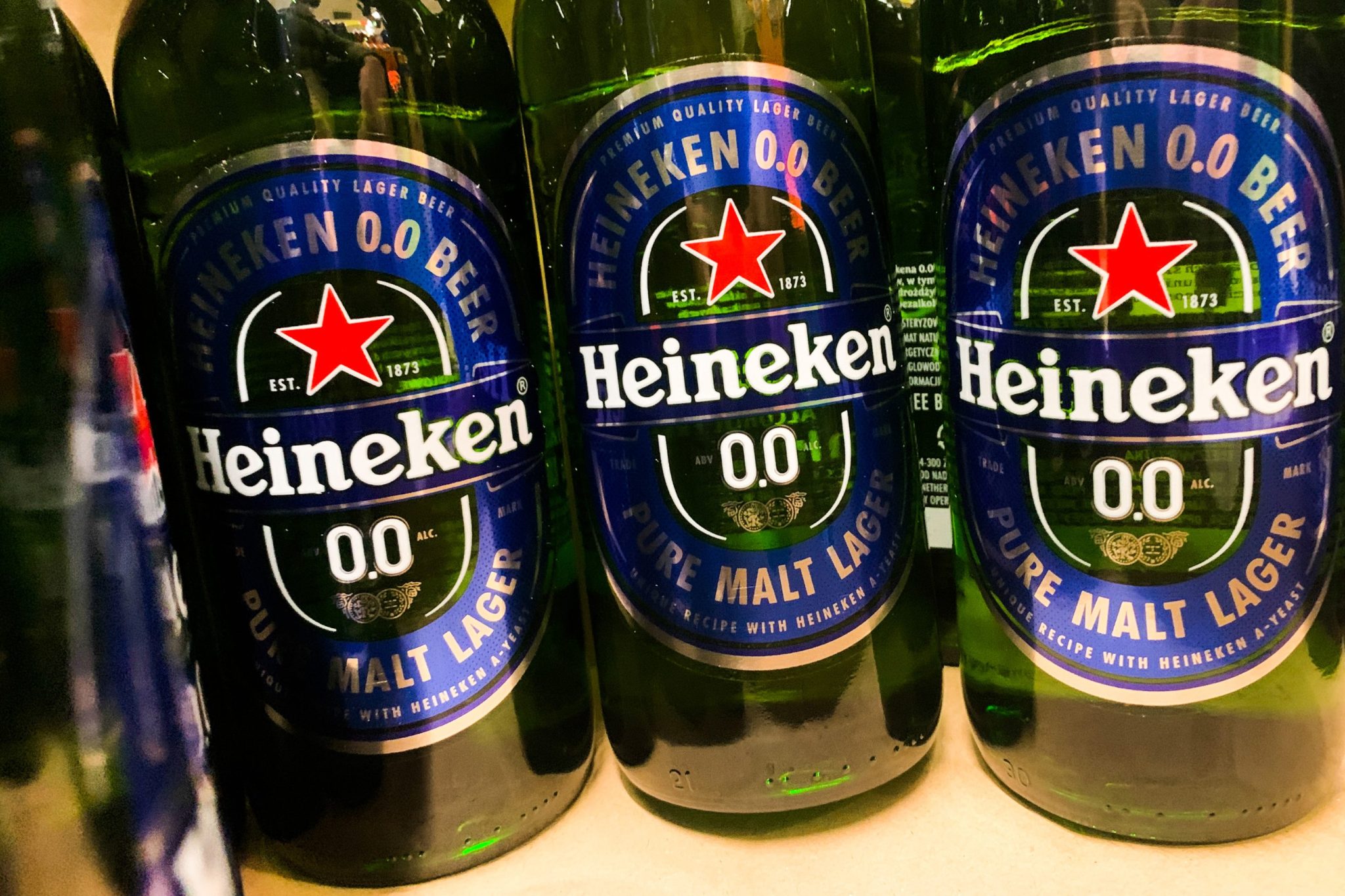When 26-year-old Rachel, a graduate student in Milwaukee, hangs out with friends, they are more likely to spend their time at the community theater, local coffeehouses, or volunteering than hanging out at bars or liquor-soaked parties. Despite their city’s well-established drinking culture, she and her other twenty-something friends are mostly sober.
Rachel, who asked that her last name be withheld to freely discuss her substance use, has her reasons for abstaining. She lost a parent to alcoholism, which will make most people more careful of how much they consume, she says. And with more research coming out about the harms of alcohol, increasingly more Gen Zers in general are rethinking their relationship to booze, she says.
“When I started questioning my views, I found more time for creative hobbies, for self care,” Rachel tells Fortune. “When you give up one bad habit, you empower yourself to question others. It’s a chain reaction.”
Research backs her up. Over the past two decades, the percentage of those 18 to 34 who say they occasionally have an alcoholic drink has fallen from 72% to 62%, according to a Gallup poll from last year. The percentage of regular drinkers—defined as having a drink in the past week—has also declined in that age group, falling from 67% to 61%. Underage drinking has also declined significantly in the past two decades, and “dry January,” “sober conscious,” “sober curious,” and other monikers for the movement have entered the lexicon.
Much hand-wringing has ensued among commentators who worry the kids just aren’t having much fun anymore. But Rachel says abstaining from alcohol actually allows her to have more, while also improving her sleep and enabling her to make a better impression at things like networking events. And she still indulges in other substances, like marijuana, that she says are safer.
“People my age, I feel they have a much more critical view of alcohol,” she says. “Nobody wants to be the person who’s had a little too much to drink at the party. Nobody likes that person.”
The shift is significant, says Brooke Arterberry, a researcher at the University of Michigan’s Institute for Social Research who has studied young peoples’ relationships to alcohol. Young adults are still drinking and engaging in risky behaviors, Arterberry tells Fortune, but she expects the rise in sobriety to continue. Why it is occurring still needs to be studied more, she…
Click Here to Read the Full Original Article at Fortune | FORTUNE…


